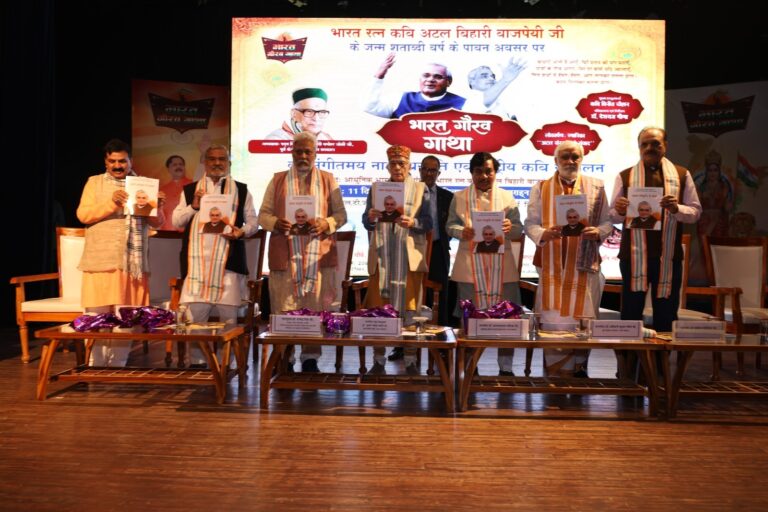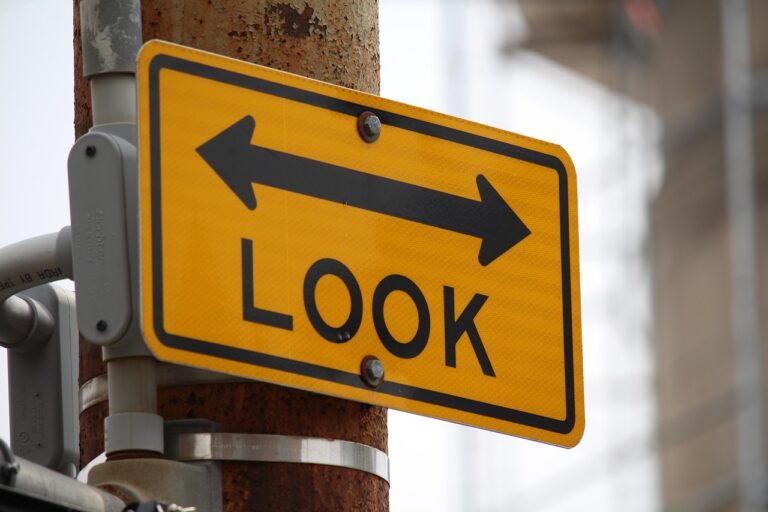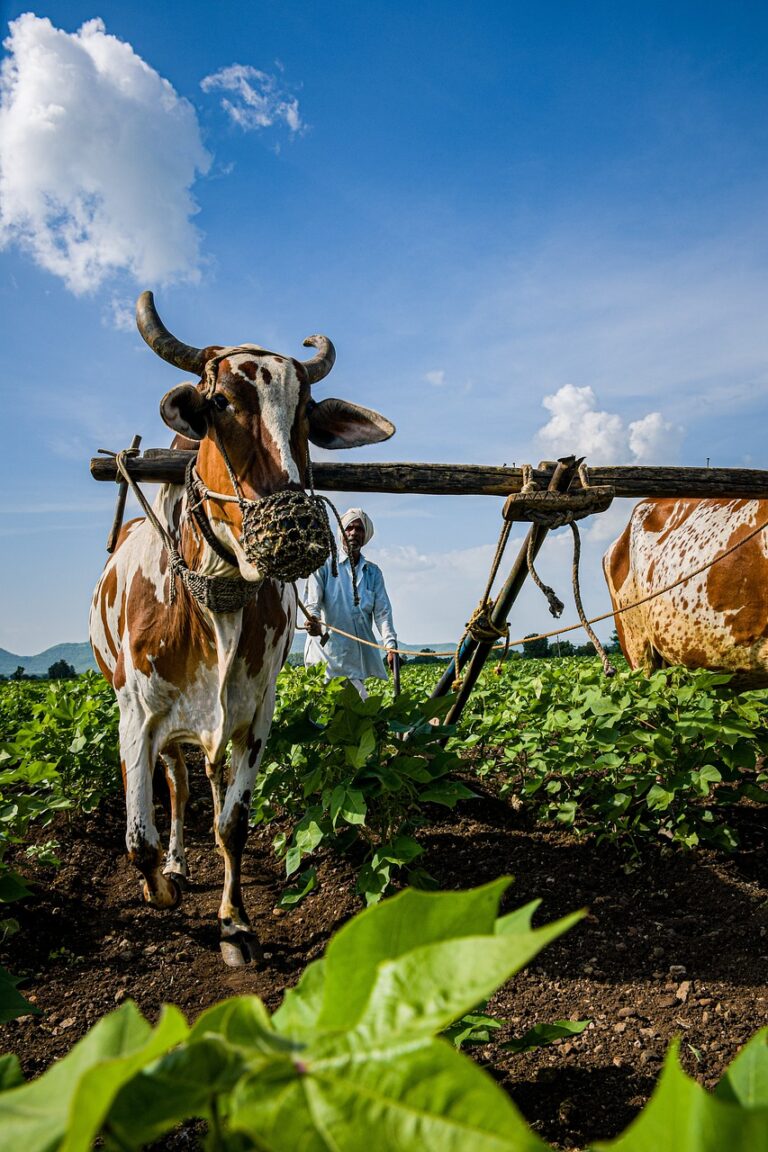
[the_ad_placement id=”adsense-in-feed”]
– globalbihari bureau
New Delhi: The highly acclaimed work of Kalidasa’s which dates back to 5th Century, Meghaduta and Ritusamhara Kāvya reiterate on the composite ecology and environment flora and fauna which is full of flowers, plants, animals, rivers, mountains, forests and clouds in its bounty.

Meghaduta of Kalidasa’s highlights the importance of flowers, plants, animal, seasons, rain, rainbow, wind, sun, moon, stars, stones, rivers, mountains among others things—animate and inanimate in our love lives, without whom we would be reduced merely as bio-robots obsessed with numbers and statistics, dealing with various kind of growth rates, and living a dismal life on a planet marred by loss of biodiversity and extreme climatic events.
[the_ad_placement id=”content-placement-after-3rd-paragraph”]
It was indeed a very refreshing to remember these works of the great poet on the occasion of World Environment Day on June 5. None other than Bihar-born well-known Poet, Editor and Ambassador of India to Madagascar, Abhay K., imparted a very engaging lecture on these great poems. He was invited by Dr.Ajay Kumar Mishra, Regional Director, Indira Gandhi Nation Centre for the Arts’ Regional Centre, Ranchi, for the lecture in IGNCA’s Facebook live series titled “Vision of Arts for the Future in Post Covid Scenario” .
Abhay spoke on “Protecting environment through Poetry”. He shared his own experiences of how the immediate nature and culture around him has profoundly inspired him to compose haiku like short poems, which was beautifully recited by him during the session. He also recited the Earth anthem composed by him in the year 2008 which was released on the occasion of World Environment Day in 2013 at the Indian Council of Cultural Relations in New Delhi. Since then it has been translated into over 50 languages spoken across the globe and used by a large number of schools worldwide to celebrate World Environment Day and Earth Day. Indeed, he has successfully set a benchmark for the world to follow and ponder which in itself is great tribute to Mother Earth.
Further, Abhay also suggested that Ministry of Culture in General and IGNCA in particular can think of creating an institution of an Indian Poet Laureate, on the lines of US Poet Laureate where the poet laureate is a consultant at the Library of Congress in Washington DC. There is an immediate need of National Poetry library and IGNCA could be an ideal place to work on these lines as the beauty and richness of poetry born out of India’s numerous languages is truly mind-boggling and needs to be taken to the rest of the world through translation into the most spoken languages.
In order to let diverse linguistic poetic tradition bloom and sustain he further suggested to have the repository of poetry books published across the country, in all languages, at a central poetry library, and translate and publish the best of Indian poetry every year. The poetry library could also double up as the central translation centre taking Indian poetry to the world. In India, the diversity of languages is remarkable and worth preserving — this must be done by letting poets and writers assert their linguistic identities. A central poetry library at IGNCA can help make this possible by hosting regular readings by poets from different parts of India, purchasing their poetry collections and hosting annual national and international poetry festivals. The chief poetry consultant of the Poetry Library could also act as the poet-laureate of India, who could travel across the country to inculcate higher conscious towards reading and writing of poetry.
As it is, Abhay K. has been proactively involved in exploring his literary passion which resulted into many globally recognized and universally accepted famed memoirs, books, poems etc. written, authored and edited by him. His Poems have been published in over sixty literary journals across the World. He received the SAARC literary award and was invited to record his poems at Library of Congress in the Washington DC, one of his book titled “The alphabets of Latin America” A carnival of Poem by Bloomsbury is also scheduled to be out in the month of June 2020.
[the_ad_placement id=”sidebar-feed”]





